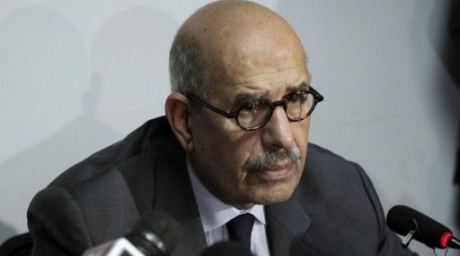
(AFP Photo)
Two prisoners died in police custody since Saturday night in separate cases at Al-Zaytoon and Dar Al-Salam police stations.
The first case, the Interior Ministry said, died inside Al-Zaytoon police station’s detention centre due to circulatory failure. A preliminary report by the prosecution announced that the deceased was a narcotics user. An autopsy was ordered by the prosecution, to find out the exact details of the incident.
The second victim died in Dar Al-Salam police station, due to a “diabetic coma”, the Interior Ministry said.
On Saturday, a police officer and two of his aides were detained upon orders from the Prosecutor General’s office, pending investigations into torture allegations that led to the death of a suspect in their custody.
The victim’s relatives have filed a complaint against the police officer and two undercover agents, accusing them of assaulting the victim and causing his death, state-run newspaper Al-Ahram reported Friday.
On 23 April, a man named Khaled Samir died in the Shubra Al-Khaimah police station.
The El Nadeem Centre for Rehabilitation of Victims of Violence has documented hundreds of torture cases inside prisons in April. Since the beginning of the year, the number of deaths in police custody has been increasing.
Last month, after the death of two prisoners in the Old Cairo police station, the prosecution reviewed the situation. It found that the number of detainees in the cell was 380, whilst its capacity allows only 100 prisoners.
Prosecutor General Hisham Barakat organised a visit to detention centres at a number of police stations, where he observed several “violations”, such as the presence of insects and rubbish, state media reported.
The police stations included the Ain Shams, El-Marg, Shubra El-Kheima, and Matariya.
Matariya police station is controversially known on the political scene as the “slaughter house”, in reference to the abundance of torture cases against detainees who are pending investigations.
Over-crowdedness observed by the prosecution “can lead to the spread of diseases and the deaths of diabetes and blood pressure patients”, the prosecution said. The members of the prosecution said that the conditions of the cells were “inhumane”.
Last January, Human Rights Watch released a report strongly criticising Egyptian authorities for failing to improve detention conditions or to independently investigate reported detainees’ deaths as a result of physical torture inside prisons.

